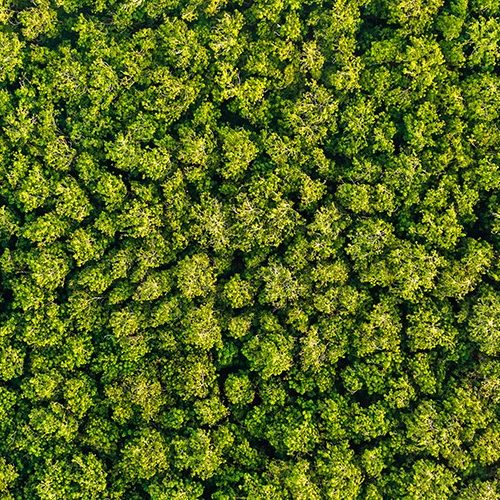Eco-Stats symposium 2015

Overview
Ecologists and statisticians have much to gain from working together, and that conference was designed to provide precisely such an opportunity. The conference had been a follow-up to the 2013 meeting, and had been designed as a collaborative forum for researchers with interests in ecology, statistics, or both. World leaders from ecology and statistics had been paired up to present their own perspectives on five topical issues, and round-table discussions had workshopped opportunities for interdisciplinary collaboration on these topics. The conference had started with an optional "Skills-Building Day", a series of computer-based tutorials run across topics spanning the interests of conference speakers. It had also featured a contributed poster evening session where participants could turn the topic of conversation to their own research.
Sessions were organised around six special topics, with a pair of speakers on each topic:
- Model-based analysis of metagenomics data in ecology (Douglas Yu, Otso Ovaskainen)
- Occupancy modelling with imperfect detection (Darryl MacKenzie, Alan Welsh)
- Analysing counts along stream networks (Bruce Chessman, Jay ver Hoef)
- Capture-recapture using modern technology (Paul Sunnucks, Rachel Fewster)
- Estimating biodiversity turnover (Melodie McGeoch, Cang Hui)
- A fighting framework fight: game theory vs. machine learning for strategic behaviour during animal combat (Michael Kasumovic, Daniel Falster)
Before the conference kicked off we offered a two-day short course for ecologists "Intro to regression modelling on R", December 6-7 at UNSW. For more advanced analysts, Noel Cressie offered "Spatio-Temporal Statistical Modelling" down the road at Circular Quay, the day before the conference (December 7).
Speakers
Organising committee
- David Warton
- Melodie McGeoch
- Will Cornwell
- Jakub Stoklosa
- Gordana Popovic, opens in a new window (study blog)
Thanks also to Kaye Sedgers (logistics) and Susannah Waters (publicity, including our fabulous banner!) from the UNSW School of Mathematics and Statistics, who have provided invaluable assistance.
